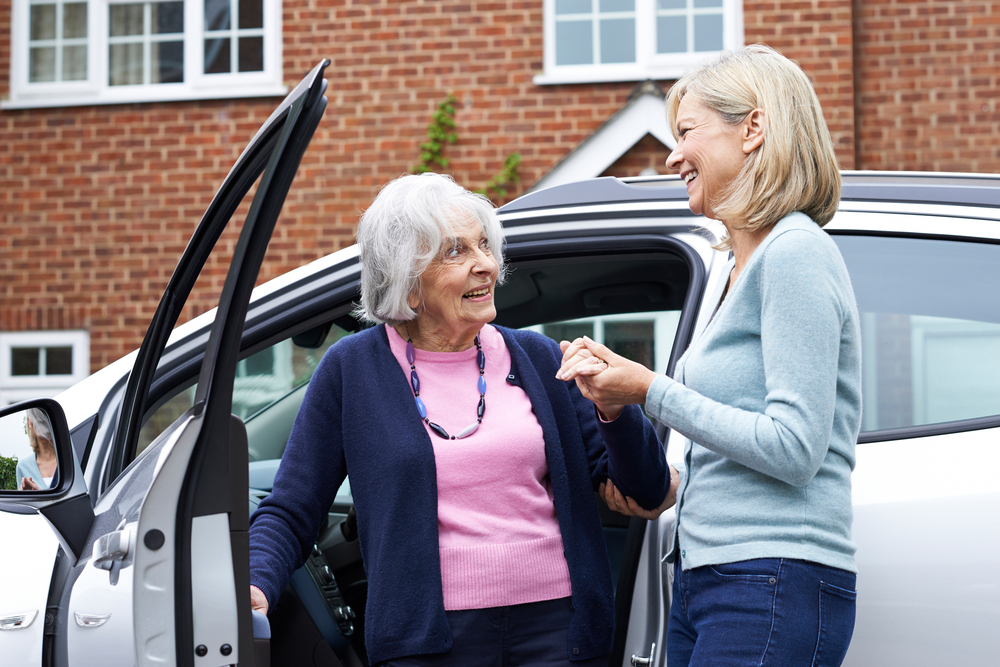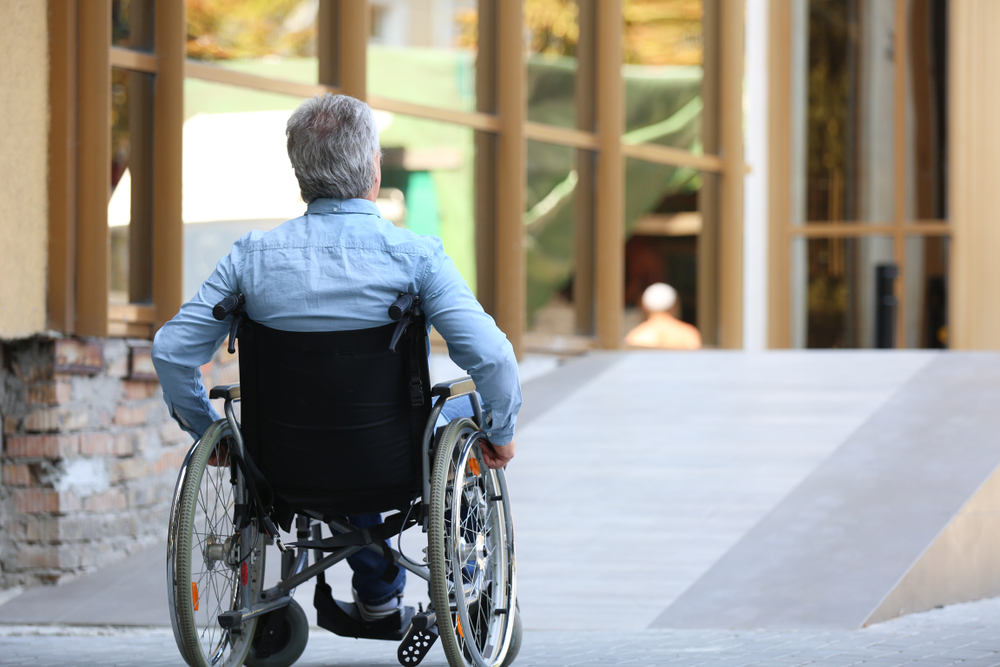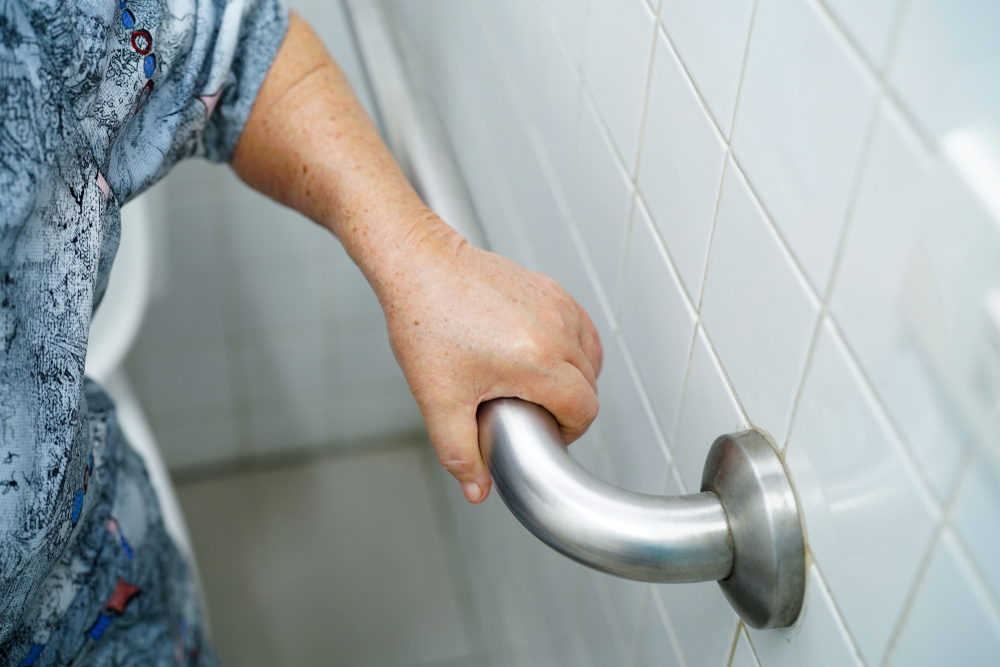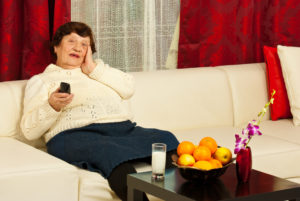
If your loved one has been diagnosed with early-onset Alzheimer’s, this doesn’t mean that they can’t be independent. According to the Alzheimer’s Association, “he or she may still drive, take part in social activities, volunteer and even work.” However, everyone is affected differently and should be treated with the personalized care they deserve. This means providing support when they need it, while planning ahead for the future. Learn how caregivers can maximize independence with your loved one.
Routine Reminders
During the early stages of Alzheimer’s, there may be some confusion or frustration when it comes to remembering names and dates. Names may become harder to recall. Similarly, dates for upcoming events or appointments may also be forgotten, especially if they’re not written down or saved on a phone. Caregivers can prompt your loved one to write important information, set reminders, and more. If needed, the caregiver can help with planning and organization for appointments and so on.
Transportation
If a person with Alzheimer’s feels disoriented or confused while driving, this can be dangerous for them and others on the road. It’s important for those with early-onset Alzheimer’s to communicate if they need help with driving so they can be safe, while also keeping their independence. Many caregiving agencies offer transportation services, which can be a relief for family members and reduce stress/anxiety about driving for your loved one.
Health and Wellness
Prioritizing the health and wellness of someone with Alzheimer’s is important. From maintaining a balanced diet to encouraging physical activities, a caregiver can focus on your loved one’s needs directly. They can come up with a plan to help a person in the early stages of dementia with basic cooking and prepping. Also, caregivers can support your loved one’s activities, whether that be exercising outside or moving around the house.
The Next Step

If you have a family member with early on-set Alzheimer’s, contact Home Instead Senior Care for dedicated caregiving services. We are devoted to your loved one’s needs and are here to help families like yours with Alzheimer’s care. For more information about our home care services, call (910) 342-0455 today.








